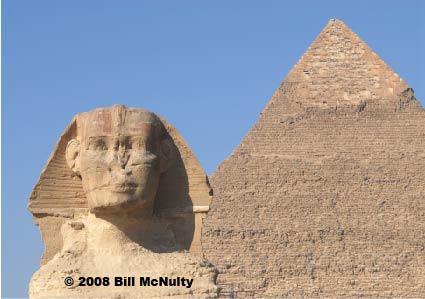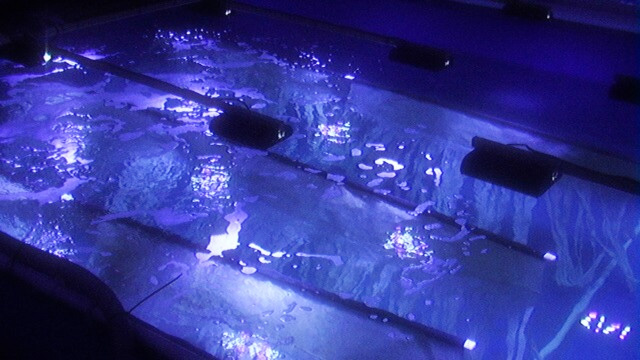
Tefnut's Environmental and Drought News Article

By Elaine Murphy on Fri, 07/29/2011 - 6:47pm
A Las Vegas company has set out to transform the seafood industry with its new sustainable shrimp farm. Though the farm's unlikely location -- in the middle of the Mojave Desert, about 30 miles from the bustling Las Vegas Strip -- is far from water, the enclosed facility's salt water pools simulate an ocean environment for the young Mexican white shrimp. Blue Oasis Pure Shrimp began operating its facility in April, and plans to have its first harvest on the plates of Las Vegas diners by the end of August.

Blue Oasis imports 5-day-old shrimp from Florida and raises them from larvae to mature shrimp, a growth process that spans about 120 days. After that period, the shrimp are packed on ice -- but never frozen -- and shipped to nearby casinos and high-end restaurants like the Border Grill at the Mandalay Bay Resort, which plans to incorporate the shrimp into its dishes. Like many other Las Vegas restaurants, the Border Grill says it is committed to buying only sustainable seafood, and celebrates the availability of fresh and local shrimp. The expedited shipping process cuts carbon emissions from traditional shipping methods and distances – usually, shrimp has to be transported from as far away as the Gulf of Mexico before it reaches Las Vegas.
The innovative company began as an effort to measure the water quality of the Salton Sea, a landlocked body of salt water that lies in the southeastern portion of California, about 120 miles east of San Diego. The lake has a higher salinity level than the ocean due in part to low rainfall levels in the area, making it difficult to support marine life. While testing the lake's salinity and brainstorming ways to improve its water quality, the idea was proposed to bring shrimp into the testing pools to determine if the water was adequate enough to support marine life. As the shrimp continued to thrive, Blue Oasis realized that shrimp could be sustainably raised in an enclosed desert building.
Rectangular saltwater pools house the shrimp, which are grown using organic methods, fed a high-protein diet of algae and fishmeal, and raised without antibiotics, growth hormones, chemicals or pesticides.
Though an organic seafood certification does not currently exist, Blue Oasis hopes to work with the USDA to create standards for organically grown seafood and become a model for other companies. The baby shrimp are purebred in Florida, and each shrimp's lineage is carefully tracked for at least six generations, each of which is certified pathogen-free, eliminating the need for antibiotics to keep diseases at bay.
The self-contained facility creates no wastewater, has zero impact on the environment, and uses less water than an average Las Vegas home. Water is recycled through a closed loop system that filters the water for reuse in cleaning. Blue Oasis uses a bio-filtration system to control its water quality and was built using as much recycled and reused materials as possible. The company cuts down on paper usage by accessing documents online.
An estimate of 40 percent of the world's edible shrimp comes from shrimp farms. The goal of sustainable seafood farming is to produce large quantities of a product without disturbing or damaging the environment or ecosystem. Global shrimp fishing yields one of the largest percentages of bycatch – that is, undesirable marine life such as fish, other crustaceans and turtles -- in the seafood industry. The shrimp industry discards one-third of its total catch, while producing about 2 percent of the world's seafood. Ratios of bycatch to shrimp catch are about 4:1, a figure that is highest in fisheries in the Gulf of Mexico, where most American shrimp is sourced from.
The company's CEO, Scott McManus, says that Las Vegas is the nation's biggest shrimp consumer per capita. The farm expects to grow up to half a million pounds of shrimp per year, a quantity devoured by Las Vegas restaurant patrons in an average week. The company already plans to expand to distribute its shrimp to Reno, Nev. and St. Louis, Mo. as well as local meat shops. Blue Oasis hopes that the farm will create more jobs for the greater Las Vegas area; the company employs 20 people and expects that number to double or triple once the second round of production begins.
Photo credit: Blue Oasis Pure Shrimp
Source: GreenAnswers.com
© 2010-2026 Bill McNulty All Rights Reserved